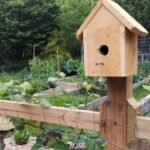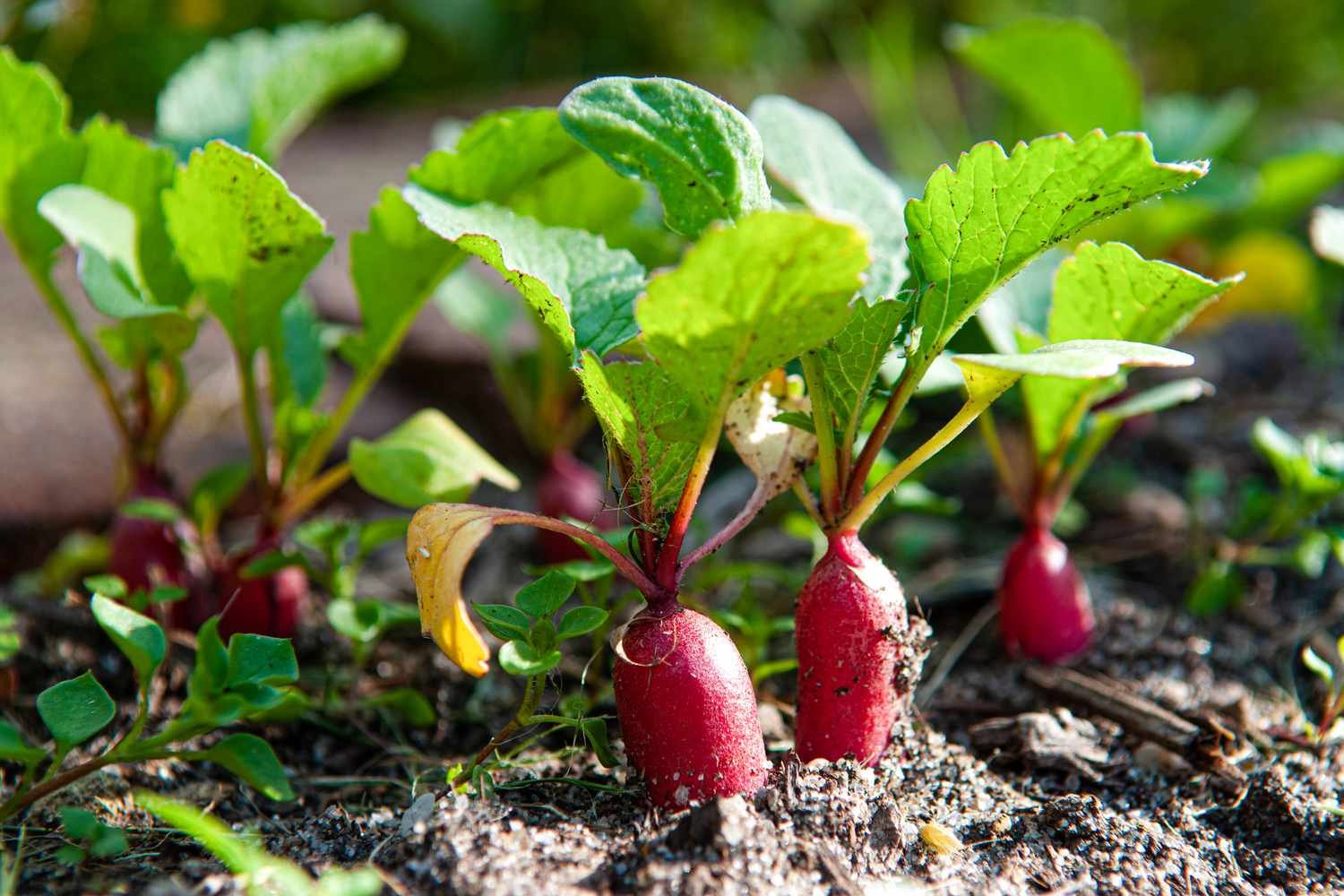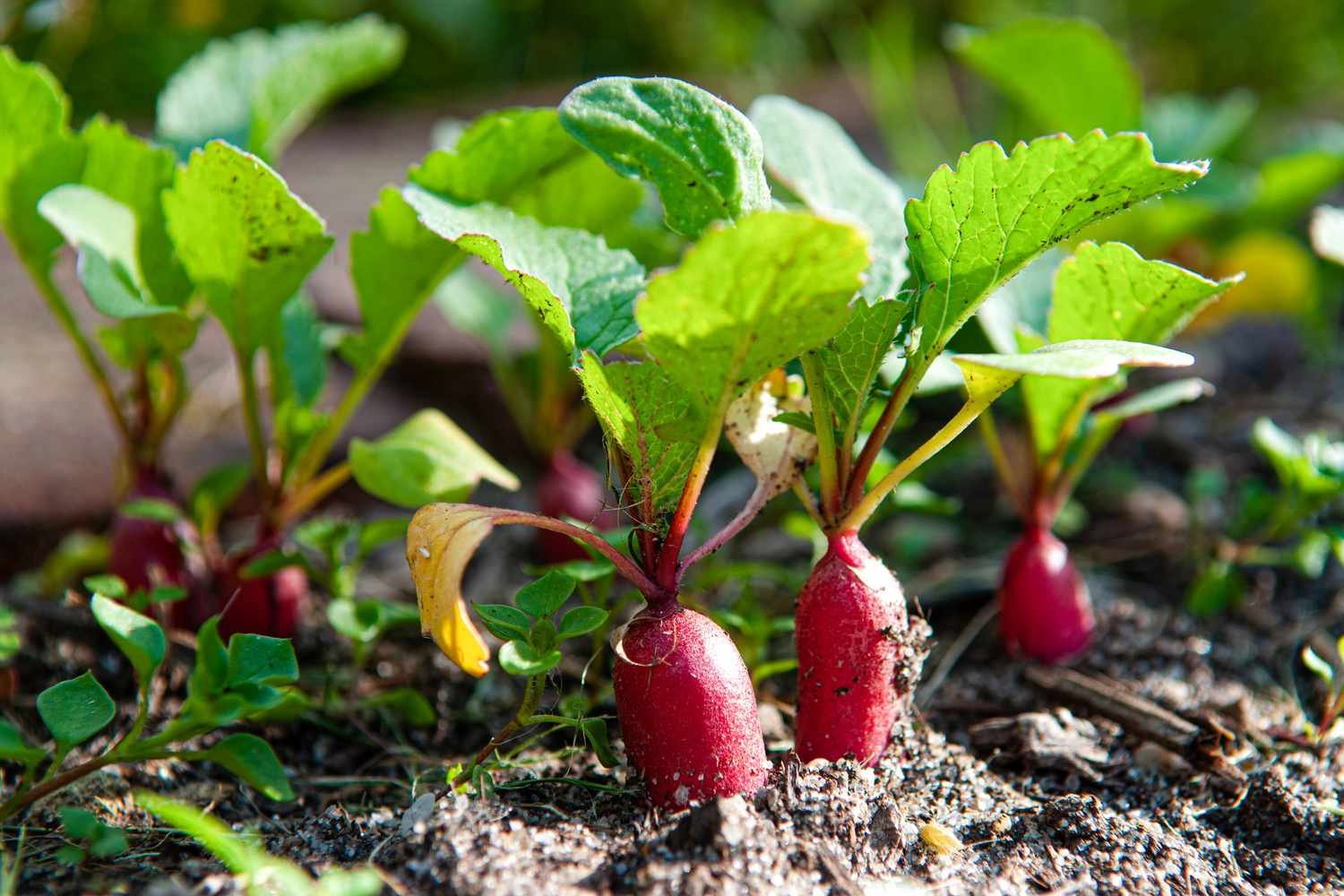Creating compost for your garden is one of the most rewarding and sustainable practices you can adopt. Not only does it help reduce waste, but it also enriches your soil with valuable nutrients, promoting healthy plant growth. Whether you’re a seasoned gardener or just starting out, making compost for your garden is a straightforward process that can have a significant positive impact on your gardening success. In this article, we’ll guide you through the steps of making compost, from selecting materials to maintaining your compost pile.
Understanding the Basics of Composting
Composting is the process of breaking down organic matter into a rich, dark soil amendment known as compost. This process involves the natural decomposition of kitchen scraps, garden waste, and other organic materials by microorganisms. The result is a nutrient-rich material that can be added to your garden to improve soil structure, retain moisture, and provide essential nutrients to plants.

Selecting Compost Materials
The first step in making compost for your garden is gathering the right materials. You’ll need a balance of green materials, which are rich in nitrogen, and brown materials, which are high in carbon. Green materials include fruit and vegetable scraps, coffee grounds, grass clippings, and fresh leaves. Brown materials consist of dry leaves, straw, cardboard, and small branches. Aim for a ratio of about 3 parts brown materials to 1 part green materials to create a well-balanced compost pile.
Setting Up Your Compost Pile
Once you’ve collected your compost materials, it’s time to set up your compost pile. Choose a location in your garden that’s convenient and has good drainage. You can use a compost bin, build a simple compost heap, or even use a rotating compost tumbler. Start by adding a layer of coarse materials like small branches or straw at the bottom to improve aeration. Then, alternate layers of green and brown materials, ensuring each layer is well-mixed. This layering technique helps create the ideal conditions for decomposition.
Maintaining Your Compost Pile
To ensure your compost pile decomposes efficiently, you’ll need to maintain it properly. One of the key aspects of composting is turning the pile regularly to aerate it and speed up the decomposition process. Use a garden fork or shovel to mix the compost every few weeks, ensuring that the materials are evenly distributed. Additionally, keep your compost pile moist but not waterlogged; it should have the consistency of a damp sponge. If the pile becomes too dry, add water; if it’s too wet, add more brown materials to absorb excess moisture.
Troubleshooting Common Composting Issues
Even with the best intentions, you might encounter some challenges while making compost for your garden. One common issue is a compost pile that smells bad, which typically indicates that it’s too wet or lacks sufficient aeration. To remedy this, add more brown materials and turn the pile more frequently. If your compost pile isn’t heating up, it might need more nitrogen-rich green materials. In this case, add more kitchen scraps or grass clippings and mix thoroughly.
Using Your Finished Compost
After a few months to a year, depending on conditions, your compost should be ready to use in your garden. Finished compost is dark, crumbly, and has an earthy smell. You can use it as a soil amendment by mixing it into garden beds or as mulch around plants to retain moisture and suppress weeds. Compost can also be used to make compost tea, a nutrient-rich liquid that’s excellent for watering plants and boosting their growth.
Conclusion
In conclusion, making compost for your garden is a simple yet highly beneficial practice that enhances soil health and promotes sustainable gardening. By following these steps and maintaining a balanced compost pile, you can create rich, organic compost that will help your plants thrive. Whether you’re looking to reduce waste, improve your garden’s productivity, or simply enjoy the process of recycling organic matter, composting is a rewarding and eco-friendly way to achieve your gardening goals. So, start composting today and watch your garden flourish with the help of your homemade compost!











